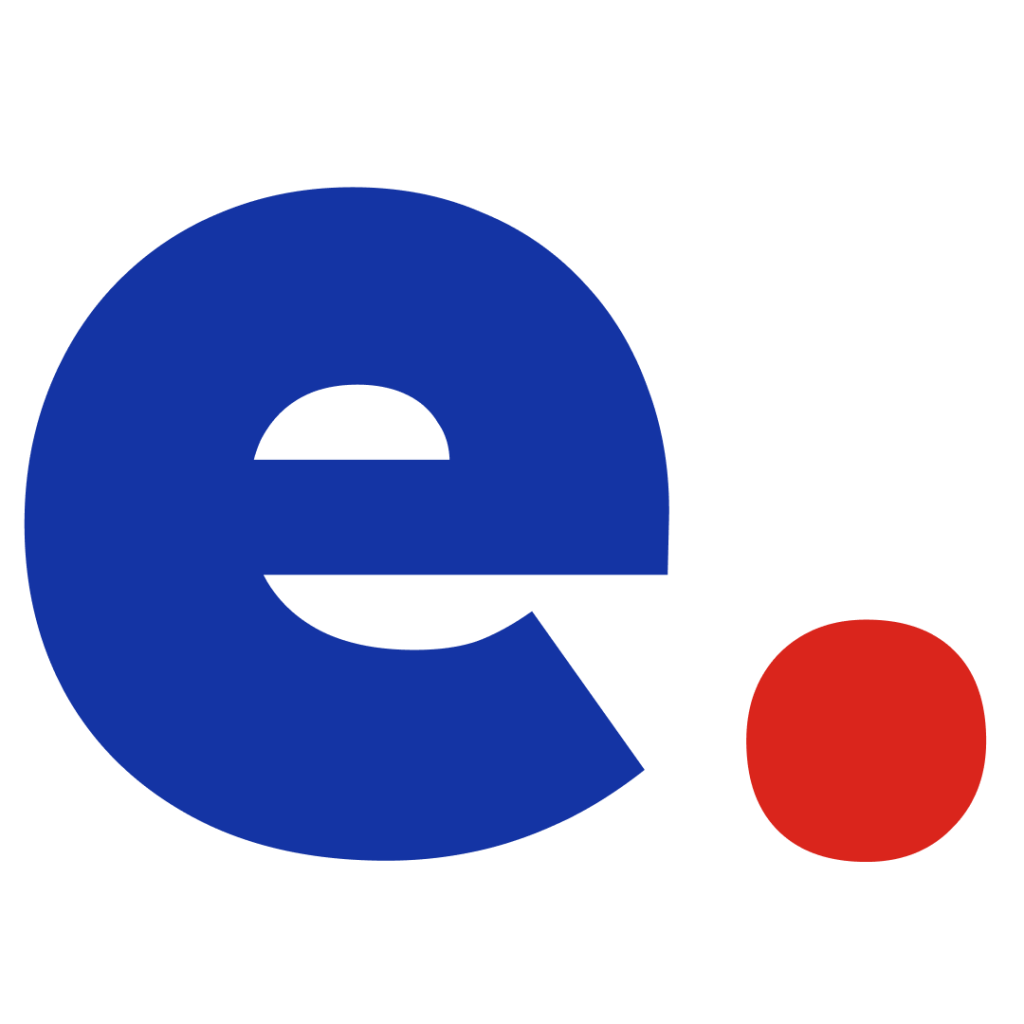Introduction
Project scope is a fundamental concept in project management and freelancing, defining the boundaries, deliverables, and expectations of a project. As a senior content writer with 15 years of experience in the freelancing industry, I have seen how well-defined project scope contributes to successful outcomes, minimizing conflicts, scope creep, and misunderstandings. Understanding project scope is essential for freelancers, clients, and businesses to ensure efficient project execution.
Understanding Project Scope
Project scope refers to the specific objectives, deliverables, tasks, deadlines, and constraints of a project. It establishes what needs to be accomplished, how it will be done, and what is excluded from the project. A well-defined project scope provides clarity and alignment between clients and service providers, ensuring that both parties have realistic expectations.
Scope definition is typically documented in a Scope of Work (SOW) or a Project Scope Statement, outlining all critical aspects of the project, including timelines, budget, deliverables, and responsibilities.
Key Characteristics of Project Scope
-
Clearly Defined Objectives: Establishes what the project aims to achieve.
-
List of Deliverables: Specifies the expected outcomes and milestones.
-
Project Boundaries: Defines what is included and excluded from the project.
-
Stakeholder Responsibilities: Clarifies the roles of freelancers, clients, and collaborators.
-
Timeline & Deadlines: Outlines project duration, deadlines, and milestones.
-
Budget Constraints: Specifies financial limitations and payment terms.
Importance of Defining Project Scope
Having a clearly defined project scope is crucial in freelancing and business projects for several reasons:
-
Prevents Scope Creep: Ensures additional work outside the original agreement is managed properly.
-
Enhances Communication: Helps both clients and freelancers stay aligned on expectations.
-
Improves Project Efficiency: Streamlines workflow by providing clear guidelines.
-
Sets Realistic Expectations: Avoids misunderstandings regarding deliverables and deadlines.
-
Facilitates Budget Planning: Ensures costs and pricing are well-documented from the start.
Components of a Well-Defined Project Scope
-
Project Goals & Objectives: Defines the purpose and end goal of the project.
-
Deliverables & Requirements: Lists specific tasks and expected results.
-
Assumptions & Constraints: Identifies limitations, risks, and external factors affecting the project.
-
Project Timeline: Specifies the phases, milestones, and deadlines.
-
Budget & Resources: Defines the financial and material resources required.
-
Approval Criteria: Outlines the quality standards and criteria for acceptance.
Common Challenges in Project Scope Management
Despite its importance, project scope management comes with challenges:
-
Scope Creep: Clients requesting additional work outside the agreed scope.
-
Ambiguous Requirements: Lack of clarity leading to misinterpretations.
-
Changing Expectations: Evolving project needs disrupting agreed plans.
-
Time & Budget Overruns: Poorly defined scope causing delays and extra costs.
-
Poor Communication: Misalignment between freelancers and clients.
Best Practices for Effective Project Scope Management
To ensure smooth project execution, freelancers and businesses should follow these best practices:
-
Create a Detailed Scope Document: Define all project elements before starting.
-
Set Clear Boundaries: Specify what is included and excluded from the project.
-
Use Contracts & Agreements: Protect both parties by documenting all project details.
-
Communicate Regularly: Keep clients informed and clarify doubts early.
-
Manage Scope Changes Properly: Use a formal process for additional requests.
-
Break the Project into Milestones: Set smaller goals for better tracking.
-
Define Revision Limits: Set boundaries on the number of revisions.
The Role of Project Scope in Freelancing
For freelancers, a well-defined project scope is critical in securing fair compensation, meeting client expectations, and ensuring smooth project completion. Freelancers should:
-
Negotiate Clear Terms Before Starting: Avoid ambiguity in project details.
-
Document Changes in Scope: Ensure extra work is billed separately.
-
Use Freelancing Platforms for Security: Platforms like Upwork and Fiverr help enforce scope agreements.
-
Discuss Scope in Discovery Calls: Ensure both parties are aligned from the outset.
The Future of Project Scope Management
With evolving work dynamics and digital transformation, project scope management is expected to become more structured. Some emerging trends include:
-
AI-Powered Scope Management: AI tools will help automate scope definition and adjustments.
-
Agile Project Scope Frameworks: Flexibility in scope planning to accommodate changing needs.
-
Blockchain for Smart Contracts: Automating payments based on scope completion.
-
Advanced Collaboration Tools: Seamless scope documentation and tracking using digital workspaces.
Conclusion
Project scope is the foundation of successful project execution in freelancing and business. A well-defined scope prevents misunderstandings, enhances efficiency, and ensures fair compensation. By adopting best practices and leveraging technology, freelancers and businesses can navigate project management more effectively, delivering high-quality work within agreed timelines and budgets.
